Analysts say the US's reciprocal tariff policy is directly threatening the efforts of Big Tech to build billions of dollars worth of artificial intelligence (AI) infrastructure in the US, potentially derailing the important AI development goals previously set by the US government.
President Trump and tech industry leaders have been touting ambitious AI investment plans from Oracle, SoftBank and other companies since he returned to the White House earlier this year.
However, President Trump's latest tariff "storm", with "huge" tariffs on leading technology equipment suppliers (34% for China, 32% for the Chinese territory of Taiwan and 25% for South Korea, along with a base tax of 10% for all imports into the US), is creating "dark clouds" over the US technology industry.
Electronics, which include smartphones, personal computers and data center equipment, were the second-largest U.S. import item last year, worth nearly $486 billion, according to U.S. Census Bureau data.
Big Tech will have to recalibrate capital spending, said Abhishek Singh, a partner at research firm Everest Group. Companies in the AI infrastructure and consumer technology sectors will have to shift short-term spending from expansion to hedging procurement risks or shifting supply sources.
Gil Luria, an analyst at investment firm DA Davidson, said the equipment used in data centers will become more expensive, forcing tech companies to find ways to make ends meet. Microsoft and Amazon have begun to take a more cautious approach to their data center plans.
TD Cowen analysts also said Microsoft has canceled major data center projects in the US and Europe in the past six months, as supply exceeds current demand.
While the full impact is still unclear, analysts predict that data center costs will increase in the future. Dylan Patel, founder of research firm SemiAnalysis, said that the way AI hardware is categorized is a key factor in influencing these costs. Determining which hardware is used for AI applications will directly affect the cost of building data centers.
Rising costs could delay the expansion of data centers and AI applications, especially large projects like Stargate, a $500 billion data center venture between OpenAI, SoftBank, and Oracle. But Luria said that even without the tax, Stargate would have had a hard time reaching its intended scale, and now, after the economic “shock” of the new tariffs, that’s becoming even more difficult.
The new tax is also a blow to leading cloud providers like Microsoft, Alphabet and Amazon, which have faced investor skepticism over their massive AI budgets. HSBC has warned of a potential slowdown in cloud spending next year.
The tariffs will reduce demand, leading to cuts in spending on software and cloud services, said Ben Barringer, global technology analyst at Quilter Cheviot. Alphabet will face a “double whammy” of cutting back on digital advertising in a tough economic environment.
While semiconductors were not included in the policy announcement, the US government still plans to impose tariffs on electronic chips in the future. Tech giants such as AMD, Intel, Nvidia and TSMC are all holding their breath waiting for the next developments.
Shares of Nvidia, AMD and Broadcom fell sharply between 7% and 10%, and TSMC's US-listed shares fell 7.6% on April 3./.
(Vietnam News Agency/Vietnam+)
Source: https://www.vietnamplus.vn/con-bao-thue-quan-doi-ung-cua-my-dam-may-den-bao-trum-nganh-cong-nghe-post1024844.vnp




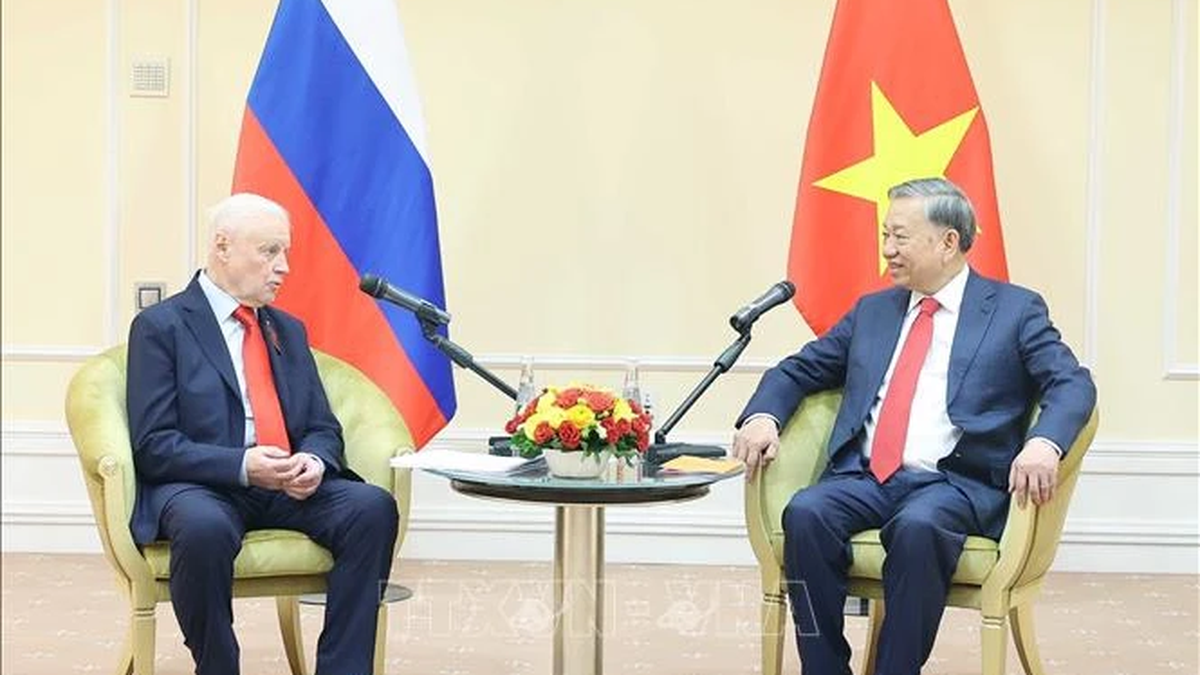

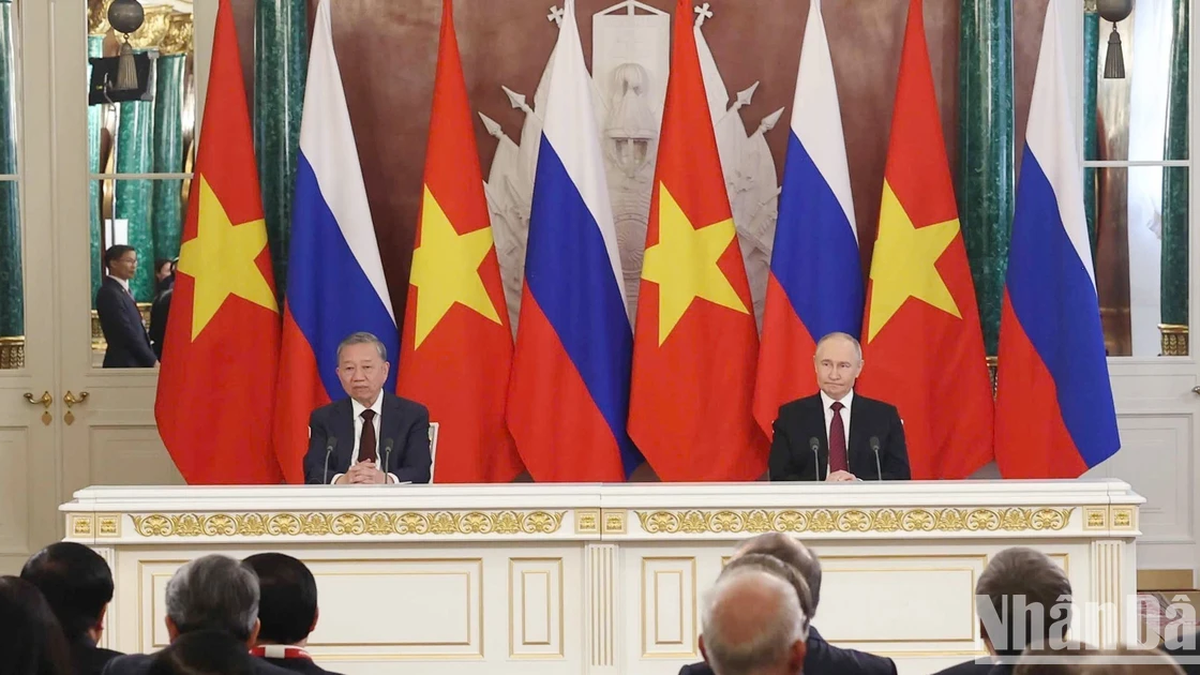
![[Photo] Prime Minister Pham Minh Chinh chairs Government Standing Committee meeting on Gia Binh airport project](https://vphoto.vietnam.vn/thumb/1200x675/vietnam/resource/IMAGE/2025/5/10/6d3bef55258d417b9bca53fbefd4aeee)
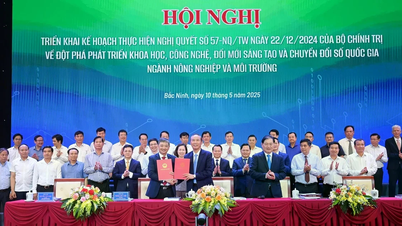

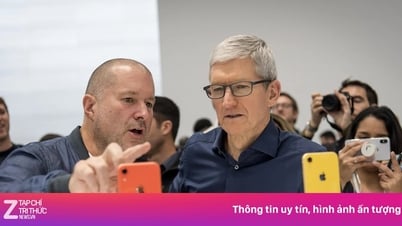
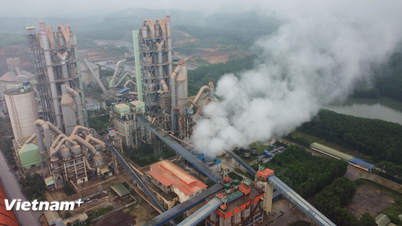
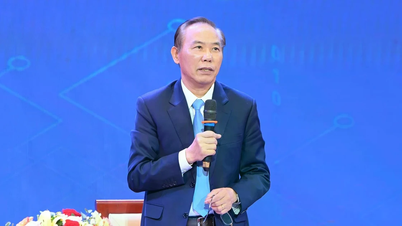








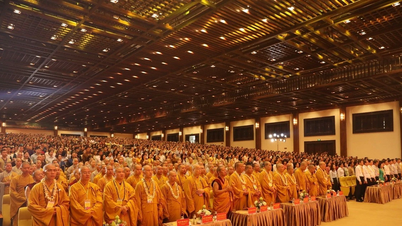

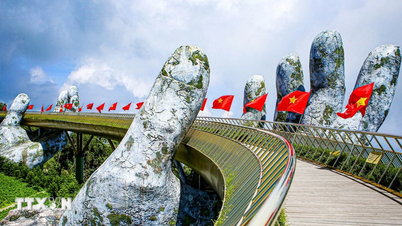


































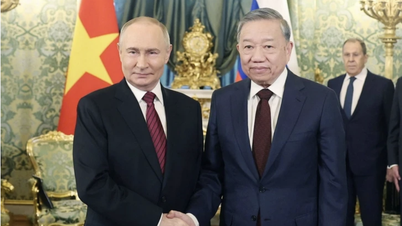

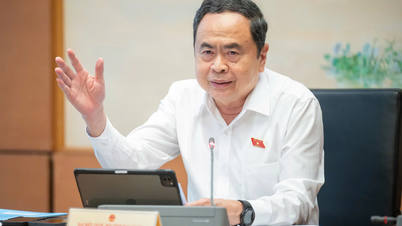
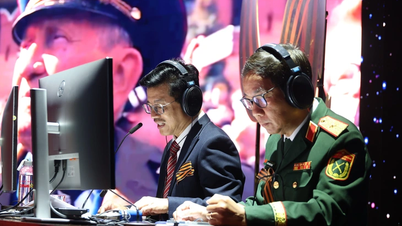




























Comment (0)